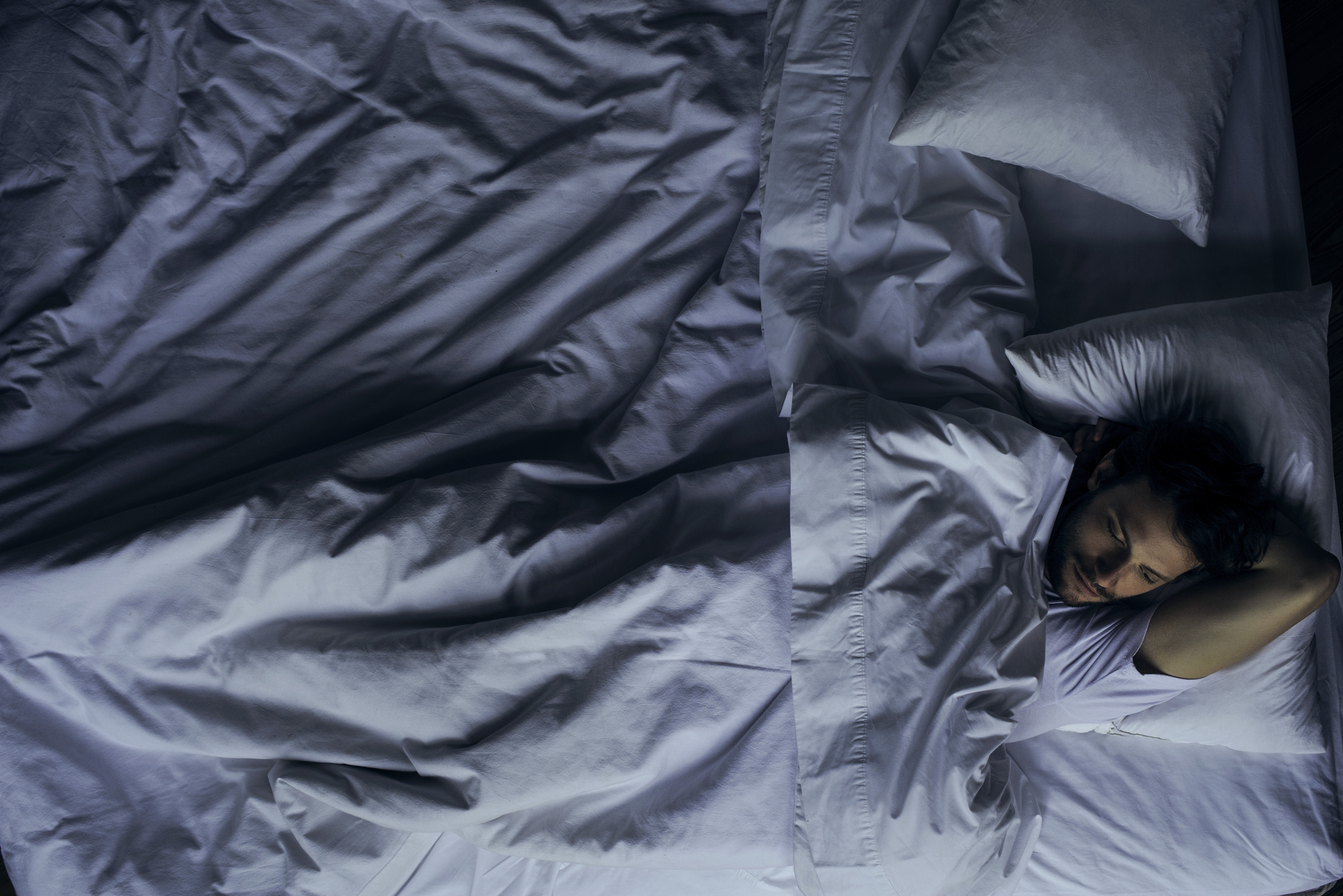
We all have the occasional night when we lay in bed for hours, watching the minutes tick by, unable to fall asleep—but for some people, it’s a daily occurrence. Luckily, there are a few tips and tricks out there (that don’t involve counting sheep) to help with both chronic and acute insomnia.
According to Sleep Education, insomnia is a relatively common sleep disorder, with 30 to 35% of adults briefly experiencing symptoms, 15 to 20% experiencing a short-term disorder lasting up to three months, and 10% suffering from chronic insomnia, which disrupts their sleep “at least three times per week” for a minimum of three months. With so many people experiencing symptoms of the disorder, it begs the question: what exactly keeps us awake at night?
The National Sleep Foundation defines insomnia as “difficulty falling asleep or staying asleep, even when a person has the chance to do so.” Not only can it be frustrating, but, according to Sleep Education, it can also bring with it unfortunate side effects, including the “inability to focus or concentrate, poor memory, mood disturbances, daytime sleepiness, low motivation or energy and increased errors or accidents.” And with so many side effects, it’s not surprising that there are equally as many causes.
Dr. Michael J. Breus, creator of The Sleep Doctor website, explains that “in some cases, insomnia can occur without a clear, identifiable cause.” In general, it can be “a response to stress, or to significant events that occur in life, both positive and negative.” Often, however, it is a side-effect or result of another medical condition. For example, if you’ve ever suffered from a broken bone, you may be familiar with the sleepless nights that accompany the healing process. Or, if you’re a nurse or waitress with a shift schedule that causes irregular sleeping patterns, you may have experienced insomnia at some point.
In addition to the outside forces that encroach upon our precious hours of sleep, there are a few sleep inhibitors that many of us inflict upon ourselves. Some of these include: drinking alcohol, especially if it is consumed too close to bedtime, overeating in the evening, and using stimulants, such as coffee or cigarettes. According to the American Sleep Association, a few additional causes of insomnia include “conditions that cause difficulty breathing, such as asthma or heart failure, overactive thyroid, and gastrointestinal disorders, such as heartburn, and stroke.”
So now that we’ve covered the causes, how can we cope with insomnia?
According to Dr. Michael Breus, it is not only possible to treat insomnia, but in some cases it is even preventable. He explains that “sleep hygiene” is key here, and gives a few important tips for maintaining good sleep hygiene, such as “sticking to a regular sleep routine, avoiding substances like caffeine, alcohol or nicotine, which interfere with healthy sleep, and managing stress.” Additionally, for those who are having difficulty treating their symptoms on their own, Dr. Breus suggests both cognitive behavioral therapy and sleep medication as methods of coping with the disorder.
So the next time you find yourself staring into the dim glow of the alarm clock far into the wee hours of the morning, take a moment to consider why. If you’ve been eating too many bedtime snacks or stressing over a project for work, step back, take a breath, and try to modify your habits. It might just help you get that little bit of extra shut-eye and beat insomnia for good.

This post is part of our Sleep Month series.



